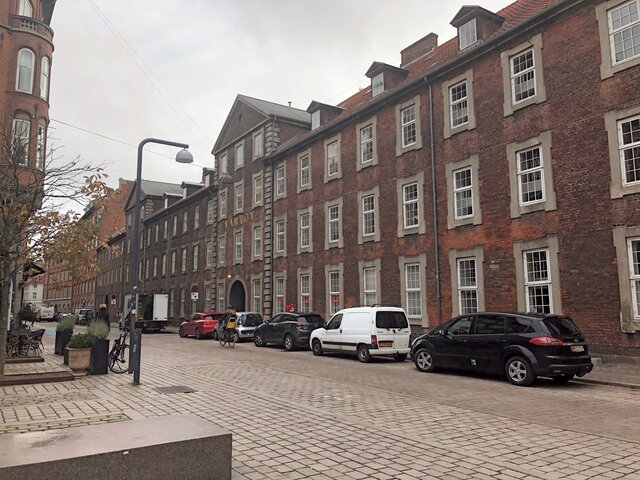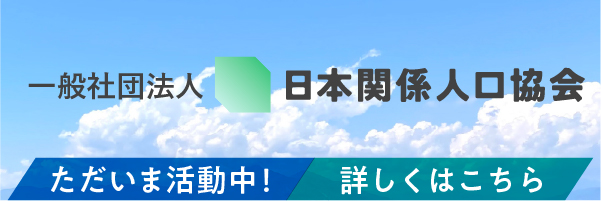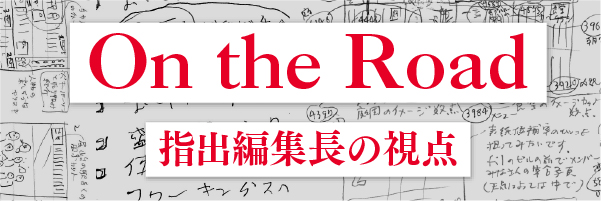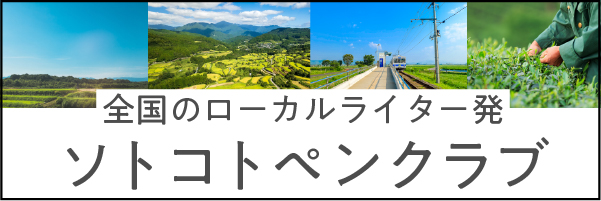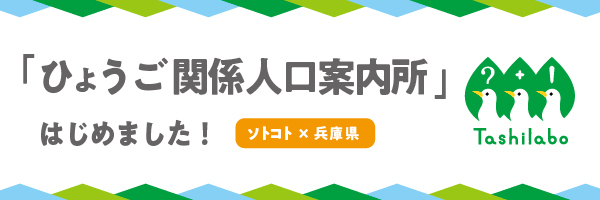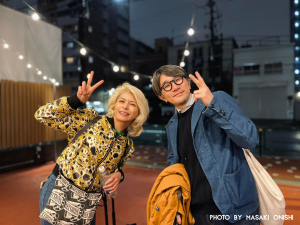「ホイスコーレ」の礎となる民衆の啓蒙の精神が、 日本の若い世代にも届き始めている。
ジャパンホイスコーレDayは、ホイスコーレの理念に共感し、日本にホイスコーレを設立しようとしている団体や留学経験者、デンマーク在住者、ホイスコーレに詳しい研究者をつなぎ、その価値を確認しようとするプログラム。数回のオンライン企画会議を経て合計12セッション、25名の登壇者を迎えるイベントとなった。
「あなたを突き動かす忘れられない経験」は、『ニアカリ』代表の岡田恵利子さんと、『ラーンネット・グローバルスクール』代表の炭谷俊樹さんによるオルタナティブ教育についてのセッション。子どもを連れて留学したデンマークでの経験をもとに、神戸市灘区六甲山町にラーンネット・グローバルスクールを設立し、『第3の教育』(角川書店刊)を著した炭谷さんは、子どもの好奇心が動くのを待つことが、「爆発力のある知の探究」へつながると語ってくれた。
写真・文●坂口 緑
Japan Højskole Day (online seminar)
Japan Højskole Day is a program to connect organizations that share the folk high school philosophy and are trying to establish a folk high school in Japan, as well as people who have studied at some Danish folk high schools, people living in Denmark, and researchers who are familiar with folk high school, to discuss its core value. After several online planning meetings, the event was held with a total of 12 sessions and 25 speakers, consisting of four parts; what is folk high school, why it is needed in Japan, what is difference between Japan and Denmark, and how we start folk high school in Japan.
“Talk about folk high schools!” was a panel session by three people who had stayed at some folk high schools in Denmark before: Aoi Fushimi, Michiko Endo, and Shun Sugiyama. Living in a dormitory, you cannot be alone even if you want to be, and you are inevitably involved with other people. When you live with people from different backgrounds, you want to complain about the way they clean the house, and there is a lot of petty friction. Nevertheless, she said that through this kind of life, she was able to understand herself for the first time as she kept meeting up people with different values. Another speaker commented that this is what dialogue is all about, and the participants deeply agreed with him.
The session, “Unforgettable Experiences that Move You,” was about alternative education by Eriko Okada, President of niacari, and Toshiki Sumitani, President of Learnnet Global School. Mr. Sumitani, who established Learnnet Global School in Rokkosan, Kobe, based on his experience in Denmark, where he studied abroad with his children, and authored “The Third Education”(Kadokawa One Theme 21, 2000), talked about how ‘waiting’ for children’s curiosity to move can lead to an explosive search for knowledge. His remark that the Danish concept may not be brought into our society directly but our experience can was striking and inspiring.
In the session “Thinking about folk high school in the Japanese System,” Katsuta Okada, who runs Change Maker’s College in Rikuzen-Takata, talked openly about the difficulties of running an alternative school. Although it is possible to run a short-term program, Mr. Okada and his team aim to provide students with the experience of facing their way of life and having a dialogue with themselves. It takes time. He honestly said that it is difficult to apply for subsidies that require results in a short period of time, and it was impressive to see Mr. Okada trying to strike a balance between running a business and pursuing the value of the place. Other sessions were also held by speakers from Denmark, such as Søren Kromann, co-chair of Actwish LLC, Nielsen Tomoko Kitamura, cultural translator, and Momoyo Jørgensen, Nordfyns Folkehøjskole lærer. The event was a great success.
There are already several folk high schools in Japan that are run based on their unique activities in different parts of the country. Japan Højskole Day was an opportunity for the next generation to gather and connect with such a line. The spirit of Folkeoplysning, which Grundtvig believed should be “extended to the whole of human life,” is now reaching the younger generation in Japan, who conceive to start their own folk high schools.
Informaton:
Written by Midori Sakaguchi, Professor of Sociology, Meiji Gakuin University, Tokyo, Japan.




